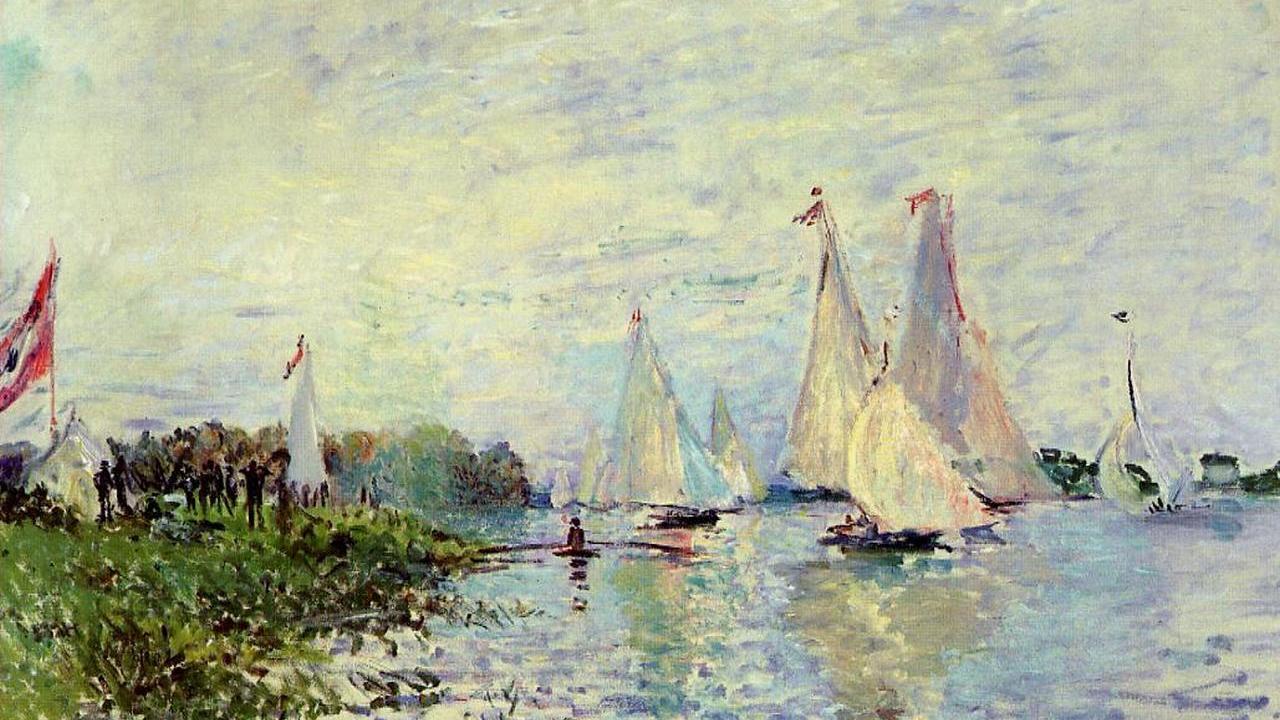Bach’s Partita No. 5 in G Major, BWV 829: An Exercise in Spiritual Delight
J.S. Bach’s Six Partitas, BWV 825-830 were conceived as exercises for the body, mind, and spirit. Composed between 1725 and 1731, these were the last of Bach’s keyboard suites. Yet, they were published by the Leipzig-employed composer as “opus 1,” and offered “to music lovers in order to refresh their spirits.” This collection of Partitas (richly contrasting Baroque dances) fuses technical advancement with spiritual delight. They influenced later composers, from Brahms to Bartók. Bach’s earliest biographer, …







